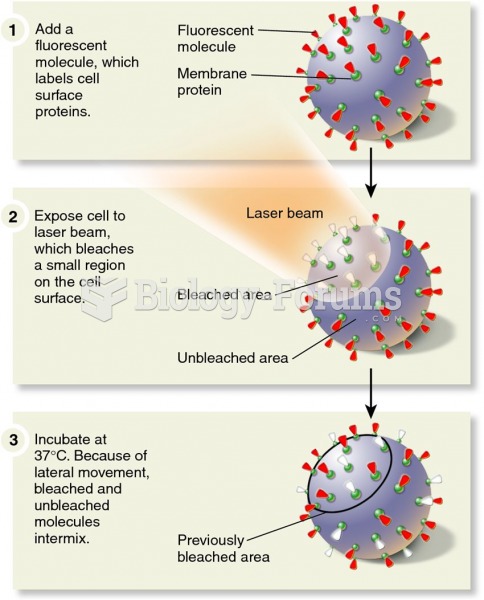Answer to Question 1
When ARRA was signed into law on February 17, 2009, by President Obama, it included billions of dollars for the expansion of health information technology. Through Medicare and Medicaid, monetaryf incentives would be offered to doctors and hospitals to adopt electronic health records (EHRs). HITECH, which is a part of ARRA, encourages the Meaningful Use of Electronic Medical Records, with 19 billion in incentives through Medicare and Medicaid for doctors and hospitals to adopt them. Medicare EHR payments can be up to 44,000 for a single doctor between 2011 and 2015; doctors who treat many Medicaid patients can receive 65,000 . After 2014, monetary penalties can be assessed against doctors who fail to adopt certified EHRs; these doctors will lose 1 percent of Medicare reimbursements in 20152016 and 3 percent in 2017 . HITECH seeks to improve American health care delivery and patient care through an unprecedented investment in health information technology. The provisions of the HITECH Act are specifically designed to work together to provide the necessary assistance and technical support to providers, enable coordination and alignment within and among states, establish connectivity to the public health community in case of emergencies, and assure the workforce is properly trained and equipped to be meaningful users of EHRs.
A study done by the American Hospital Association and the National Center for Health Statistics (part of the Centers for Disease Control and Prevention), commissioned by the Office of the National Coordinator of Health Information Technology (ONCHIT), was released in January 2011 . It showed that 80 percent of U.S. hospitals and 41 percent of physicians intend to take advantage of federal incentive payments for adoption and meaningful use of certified electronic health records (EHR) technology. According to the study, the number of primary care physicians adopting EHRs has significantly increased, rising from 19.8 percent in 2008 to 29.6 percent in 2010 . However, many of these do not meet the criteria for meaningful use of EHRs.
Answer to Question 2
C







